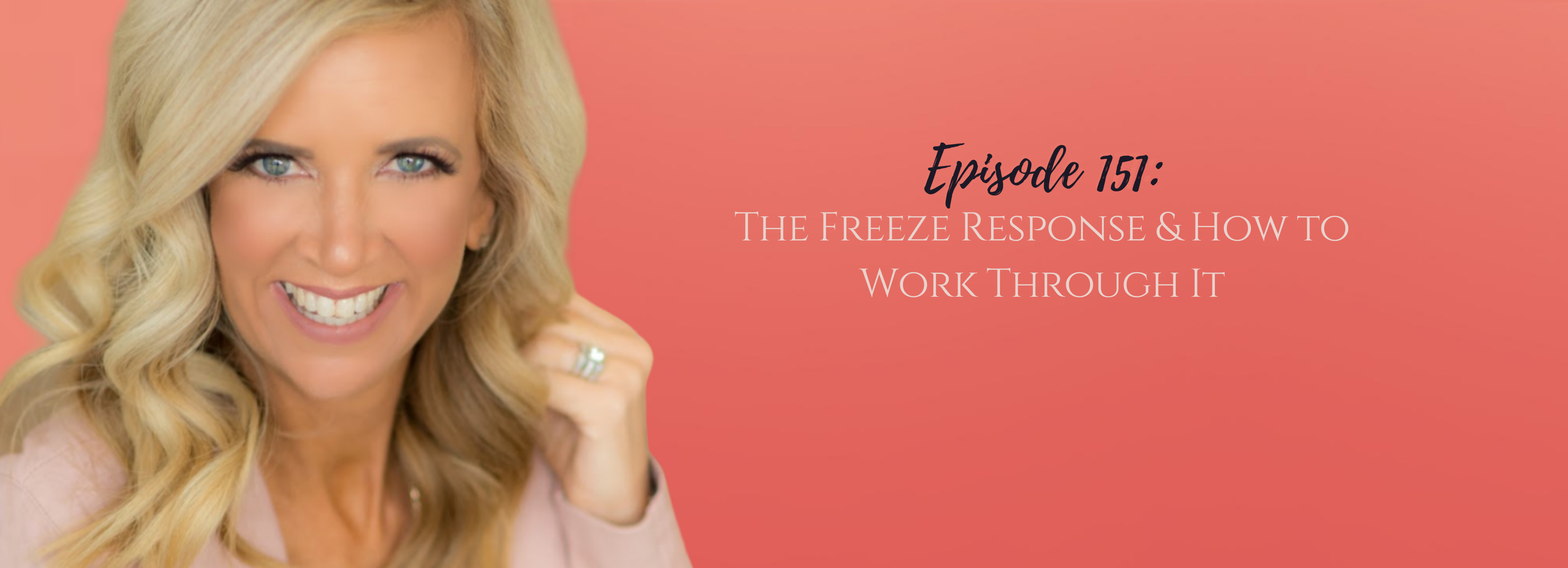
The Freeze Response & How to Work Through It| 3.9.2022
In this episode, Kristen talks about the freeze response, what happens during a freeze response, and how to handle it.
You'll Learn
- How to recognize a freeze response
- What causes a freeze response
- What happens to the body during a freeze response
- Questions to help you explore the fight-flight-freeze response
- Tips to help you get unstuck
Resources
The Fawn Response: The Origins of People Pleasing
Encore Edition: It's Not Always Depression with Hilary Jacobs Hendel
For counseling services near Indianapolis, IN, visit www.pathwaystohealingcounseling.com.
Subscribe and Get a free 5-day journal at www.kristendboice.com/freeresources to begin closing the chapter on what doesn’t serve you and open the door to the real you.
Subscribe to the Close the Chapter YouTube Channel
This information is being provided to you for educational and informational purposes only. It is being provided to you to educate you about ideas on stress management and as a self-help tool for your own use. It is not psychotherapy/counseling in any form.